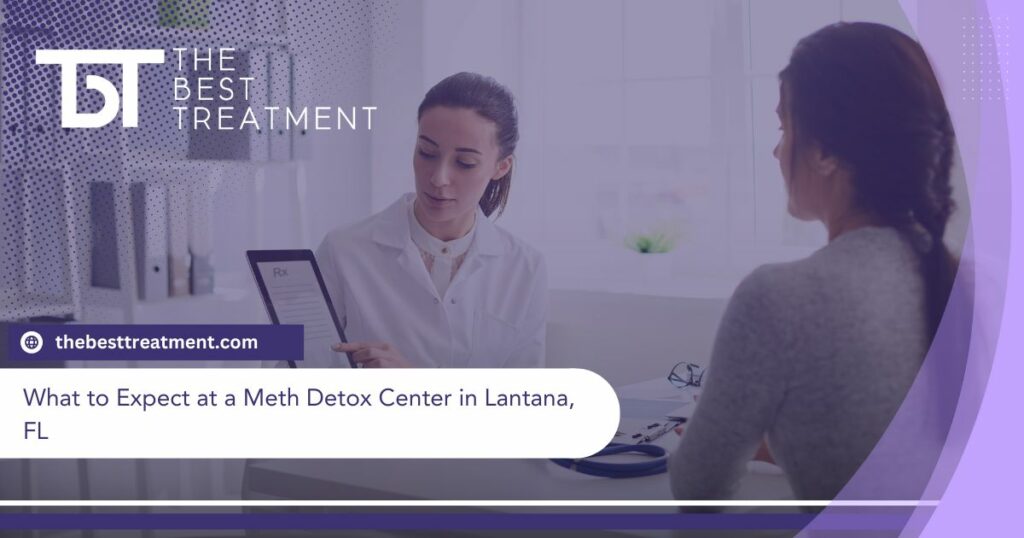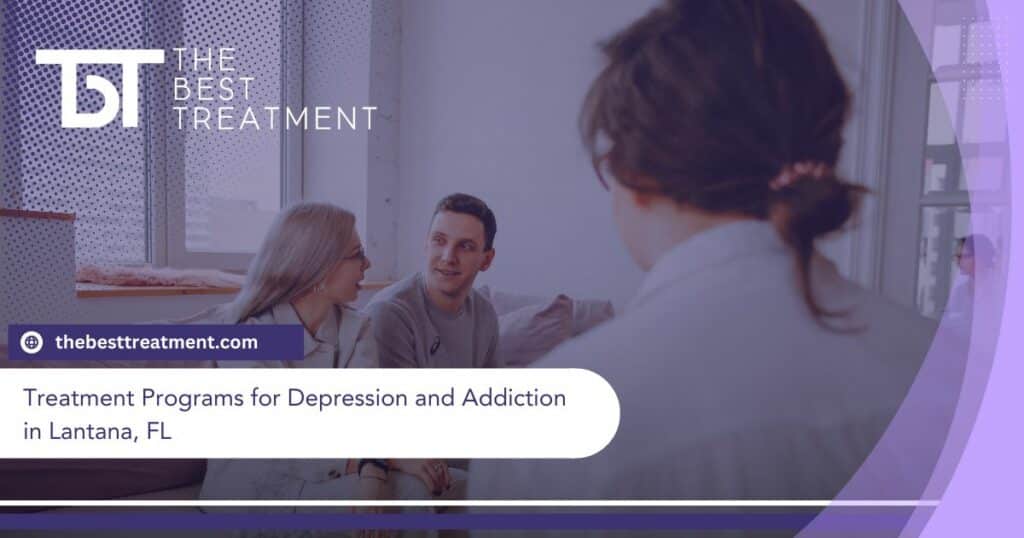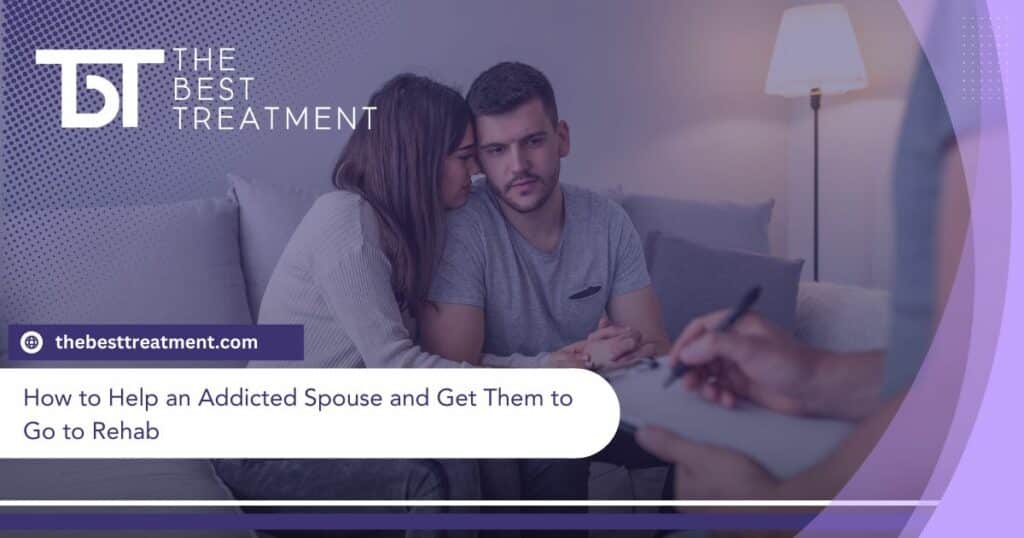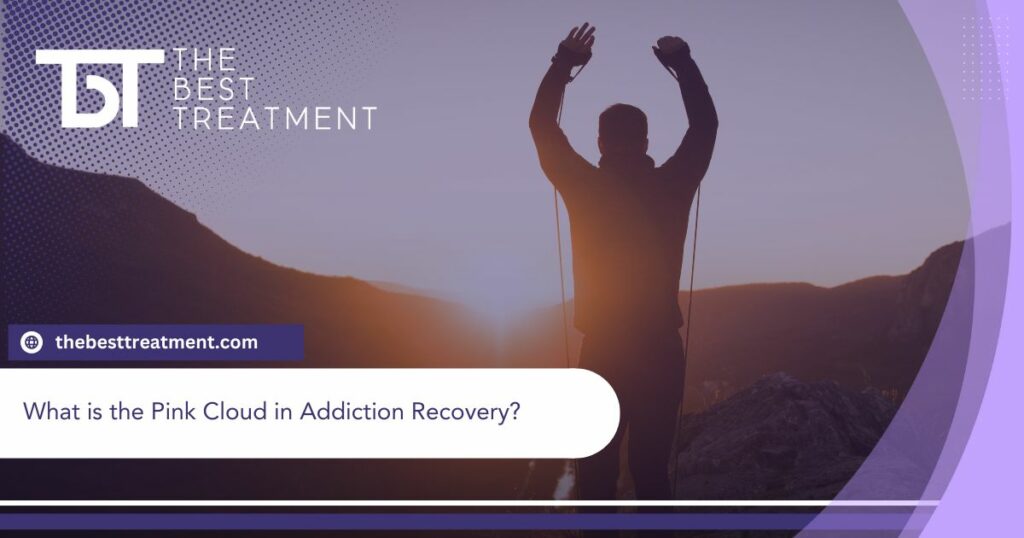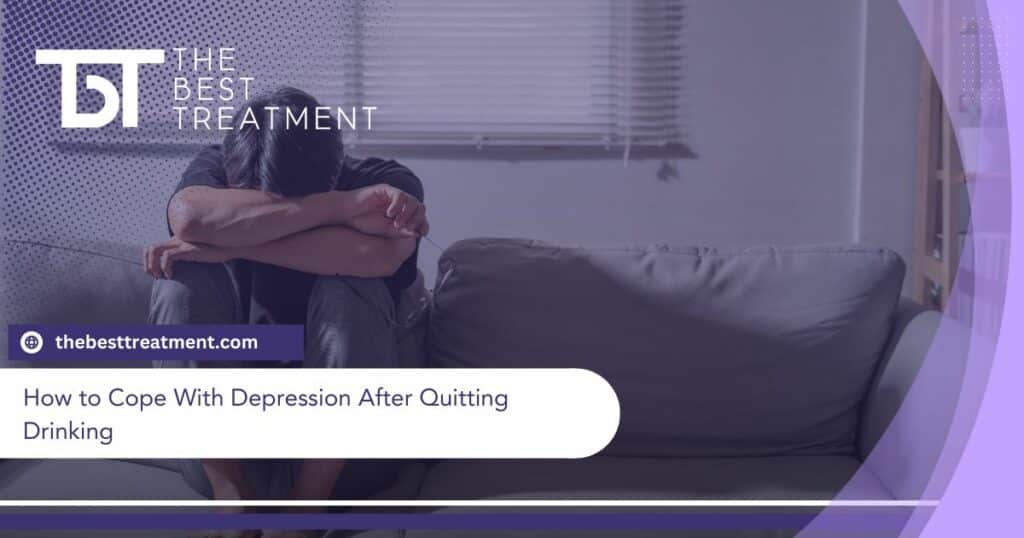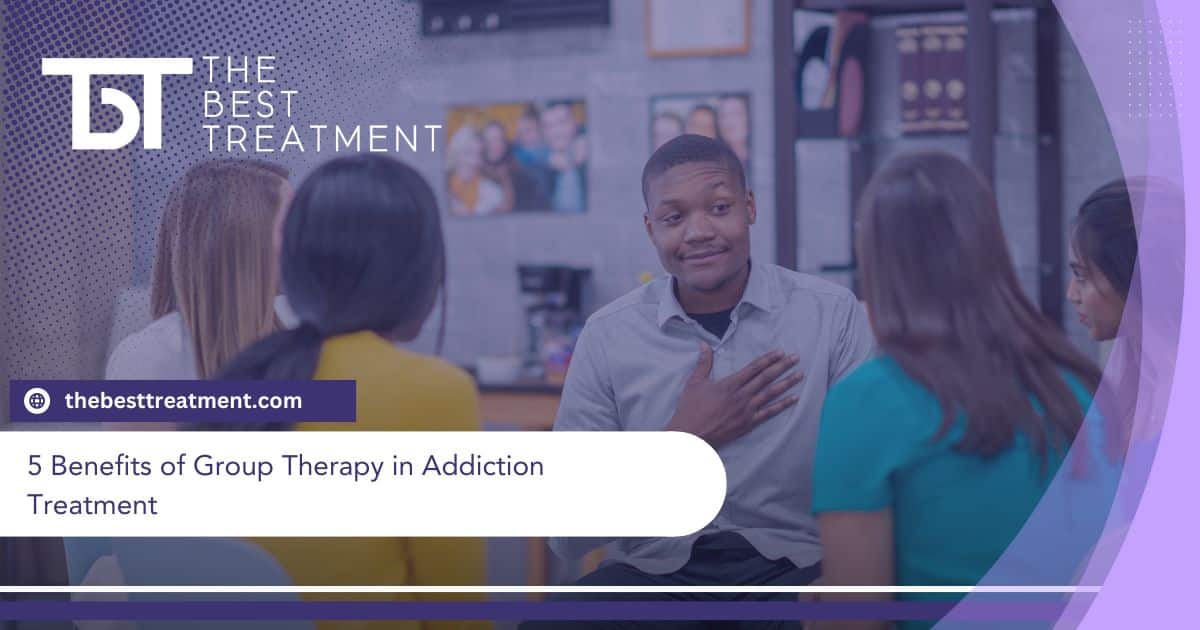Table of Contents
Addiction is a complex condition that impacts your mental, physical, and social health. Recovering from substance use disorder (SUD) requires holistic treatment, sustained commitment, and ongoing support.
People recovering from addiction may feel isolated, lonely, or excluded. They may need to find or repair social connections and build community.
Group therapy and support groups are a critical aspect of comprehensive addiction treatment. Participating in group treatment has many benefits and can support lifelong sobriety.
This article will explore five of the most significant benefits of participating in group therapy. You will learn:
- What group therapy entails
- The different types of group therapy approaches
- The benefits of group therapy
- How group therapy fits into an addiction treatment program
If you or someone you love struggles with substance abuse or addiction, you are not alone. Contact the specialists at The Best Treatment now to learn about our holistic approach to SUD treatment or to schedule an intake assessment.
Group Therapy: An Overview
Group therapy is a therapeutic approach that provides psychotherapy in a group setting. People meet with a licensed addiction counselor or therapist during group therapy sessions. Members process emotions, discuss mental health issues, learn about recovery, and more.
Group therapy is not a one-size-fits-all process. Some therapy groups stick to a structured schedule, while others take a more flexible approach to the process. Generally, group counseling sessions allow people to process or learn about issues as they arise.
People may participate in group therapy at any stage of their recovery. People may participate in group therapy during rehab or attend support groups as part of an aftercare plan.
Exploring Different Types of Group Therapy
People’s needs vary quite a bit in recovery. There are many types of group therapy to meet a wide range of needs during substance abuse treatment and recovery.
Some of the most common types of addiction treatment group therapy include:
- Cognitive-behavioral therapy (CBT) group therapy
- Trauma-informed group therapy
- Psychoeducational group therapy
- Dialectical behavior therapy groups (DBT)
- Expressive group therapy groups, including art and music therapy
- 12-step groups
- Interpersonal process groups
- Skills development groups
Each type of group therapy has a specific goal and purpose. People may participate in one or several of these types of group therapy as they progress in their recovery from addiction.
People may participate in group therapy sessions during treatment and later join support groups to support long-term sobriety after completing rehab.
What are the Goals of Group Therapy in Addiction Treatment?
Group therapy is a critical component of holistic addiction recovery programs. The primary goals of group therapy include:
- To learn about addiction
- To develop a sense of community
- To process emotions
- To develop practical coping skills to reduce the risk of relapse
During group therapy sessions, group members share their experiences, connect with others, and process complex ideas and feelings about addiction. This crucial form of therapy provides a non-judgmental place for people living with addiction to explore and understand the roots of their substance abuse.
Understanding the underlying cause of substance abuse is essential to long-term recovery. Participating in group therapy during and after rehab can lead to better experiences and outcomes during recovery.
5 Benefits of Group Therapy in Addiction Treatment
Research shows that participating in group therapy can be beneficial to those in recovery from addiction.[1] Here is an overview of the five most significant benefits of group therapy.
Community
Addiction is often isolating. Attending group therapy sessions can help you find a non-judgmental community of peers. In time, you will discover the benefits of their understanding, guidance, and ideas.
Less guilt and shame
Many in recovery struggle with feelings of guilt, shame, and regret. Attending group therapy sessions can help you understand addiction as a disease and recognize you are not alone. You may benefit from hearing others’ stories and perspectives.
Structure
Meaningful addiction recovery requires developing new habits and routines. Attending regular group therapy sessions can help you get into a rhythm and create a structure that supports long-term recovery.
Accountability
People may complete rehab feeling energized and optimistic. Over time, though, that enthusiasm for recovery can dry up. It is important to have someone–or a group–holding you accountable. Regular group therapy sessions can help with accountability and commitment to recovery.
Encouragement
Living with addiction can leave people feeling isolated. Maintaining the commitment and energy needed to complete rehab and stick to an aftercare plan can be hard.
Participating in group therapy can increase your chances of completing rehab. Instead of feeling alone in recovery, you will have a group of people who are all working toward the same goal. Feeling like part of a team can encourage you to stay on track in recovery, even when challenging.
Find Support Now
If you or someone you love struggles with addiction or mental health conditions, you are not alone. Contact the specialists at The Best Treatment to explore our holistic treatment and supportive programs.
References:
- Substance Abuse and Mental Health Services Administration (SAMHSA): Group Therapy in Substance Use Treatment
Medically Reviewed: September 25, 2019

All of the information on this page has been reviewed and verified by a certified addiction professional.





